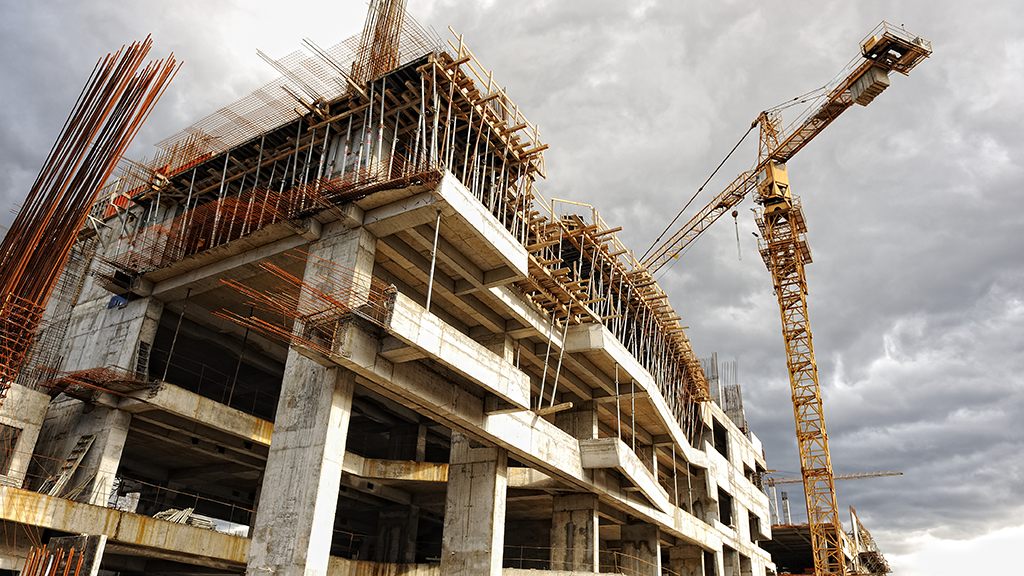The usage of offices globally had been decreasing even before the beginning of the pandemic, mainly due to the growing popularity of hybrid work models, leading to a surplus of unused office space.
After COVID-19, when remote work became the norm, the demand for offices worldwide shrank further as a significant number of people continued to work from home or started more extensively using a combination of in-office and remote arrangements. In many key cities, inflated living costs persuaded white-collar employees to move to areas with cheaper housing but longer commutes, making working from the office even less attractive.
According to JLL’s property consultancy report published in November 2023, 2024 is likely to demonstrate subdued leasing activity, especially early in the year, due to an expected global economic slowdown. Office vacancies are likely to continue increasing because of tenants downsizing while upgrading to new office space with better locations and higher quality.
In its projections, CBRE came to a similar conclusion for the US: “Demand for office space is expected to slightly improve in 2024, particularly in the second half of the year, but will remain below pre-pandemic levels. However, available space in modern, prime office space, which remains in high demand, will be reduced as the amount of new construction falls.”
Similarly, leasing volumes in Europe are expected to increase by 10 per cent but will continue to remain below average as lower-quality space suffers higher vacancy rates and faster obsolescence.
Analogous trends are expected in Asia-Pacific where “only 13 of the 25 major Asia-Pacific office markets tracked by CBRE recorded prime rent growth year-over-year in 2023’s Q3.”
The uncertain outlook for office space demand has impacted the long-term plans of commercial real estate developers and investors.
According to the Office Buildings Global Market Report 2024, the global office buildings market is projected to grow from $581 billion in 2023 to $592 billion in 2024, an annual growth rate of 1.9 per cent.
“Looking further ahead to 2028, the market is projected to reach $643 billion, growing at a (Cumulative Annual Growth Rate) CAGR of 2.1 per cent, propelled by innovative building practices and the demand for flexible workspaces.”
The 2024 commercial real estate outlook published by JPMorgan Chase on Dec. 8, 2023, indicates while multifamily and neighbourhood real estate will remain strong, the future of office building demand is murky. However, the growing need for apartments and data centres provides developers with an opportunity to convert office space into other types of properties.
In addition to the pressure from weakened business fundamentals, global real estate developers and investors are also feeling the burden of increased costs and the lower availability of funds.
Deloitte’s 2024 Global Real Estate Outlook Survey, based on responses from 750 CFOs and their direct reports at major real estate owner and investor firms in 11 countries, indicates “about half of respondents expect cost of capital (50 per cent) and capital availability (49 per cent) to worsen through 2024, up from 38 per cent and 40 per cent, respectively, last year.”
This is caused by the increase in interest rates and higher risk sensitivity of lenders, resulting from the overall uncertainty in the future of the sector and potential economic slowdown.
According to a survey conducted by the Federal Reserve in April 2023, 67 per cent of bank lenders were planning to tighten their risk approach towards commercial mortgages. This was a significant increase from nine per cent in 2021. It is worth noting some lenders completely paused their activities related to real estate in 2023.
A lack of funding and higher borrowing costs also resulted in a significant drop in property sales. Through 2023, the amount of real estate sold globally decreased by 59 per cent. In the U.S., this went down by 63 per cent, and in Europe and Asia Pacific by 62 per cent and 50 per cent respectively, which contributed to the overall uncertainty and risks associated with the development of new office space.
Real estate investors and developers are not only limiting investment in new projects but also contributing to the problem of wasted office space. As lower revenue expectations pressure the companies’ future profitability, their management is responding by cutting costs.
Forty per cent of the CFOs surveyed by Deloitte stated they are planning to reduce expenses mainly through the optimization of office space and human resources.
Dmytro Konovalov has over 10 years of experience in equity research and analysis for global markets at leading international financial institutions.







Recent Comments